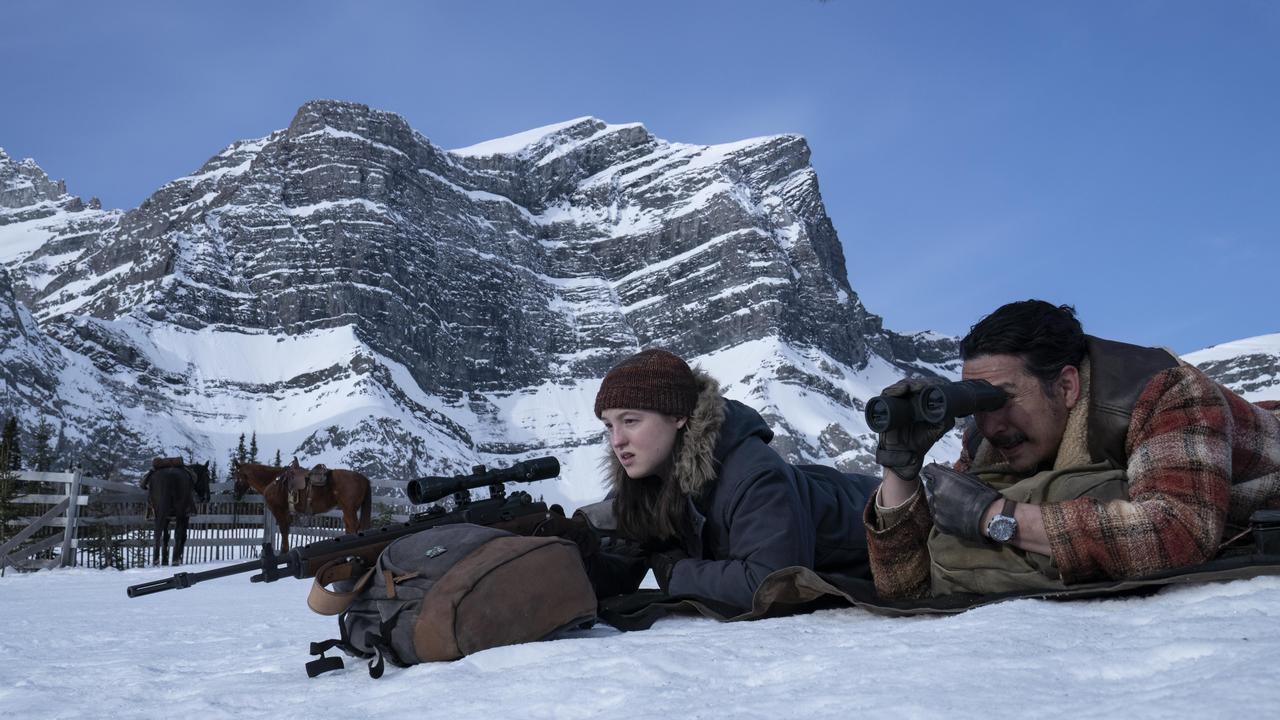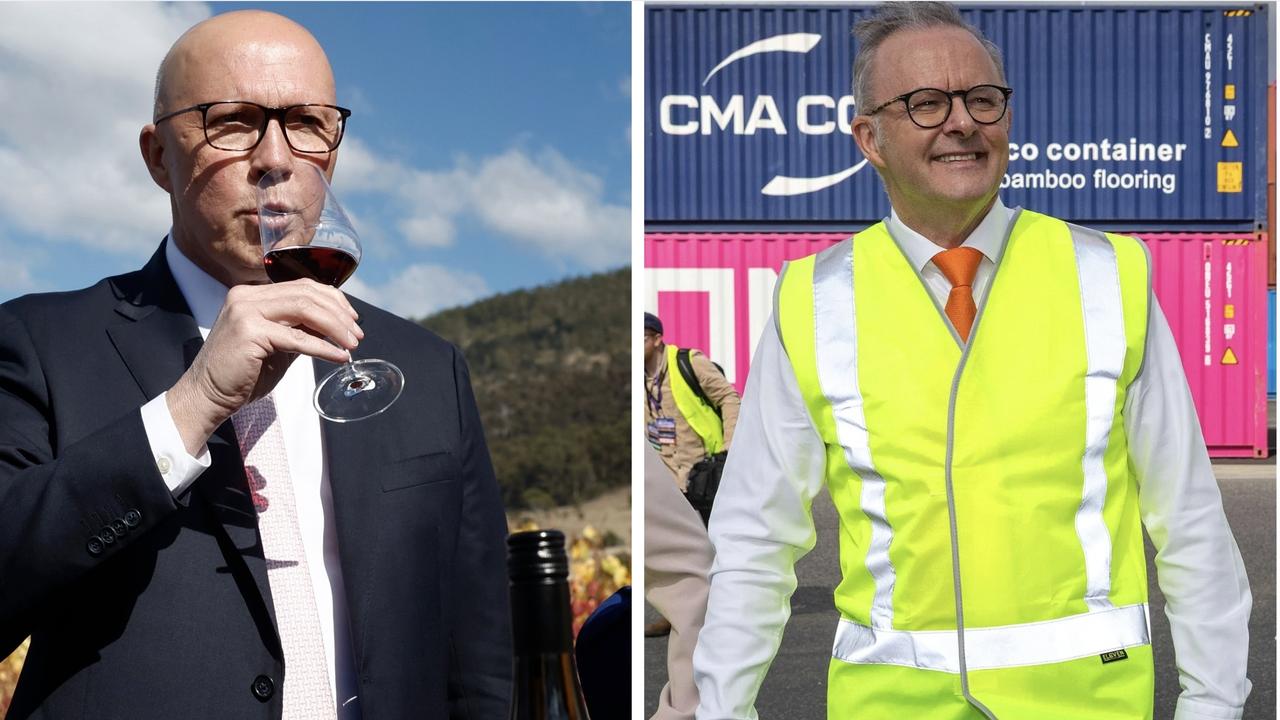Q&A recap: Tanya Day’s daughter Belinda says racism caused her mum’s death
A question from Tanya Day’s daughter brought the Q&A panel to a sombre stop on Monday night.

The topic of the death of indigenous woman Tanya Day while in the care of Victorian police brought a raucous panel to a sombre stop on Monday night during ABC’s Q&A program.
Ms Day’s daughter Belinda appeared via video to ask the all-female panel about the link between racism and her mother’s death.
Tanya Day suffered a head injury in 2017 after falling in a cell at Victoria’s Castlemaine police station and died 17 days later in a Melbourne hospital.
“Our mum, Tanya Day, died in custody because Victoria police targeted her for being drunk in public. They then failed to properly care for her after locking her up in a police cell,” Ms Day said.
“Our mum, Tanya Day, died in custody because Victoria Police targeted her for being drunk in public.†Where does the responsibility for institutional racism lie? #QandA pic.twitter.com/3gQZsdC3V5
— ABC Q&A (@QandA) November 4, 2019
Belinda Day wanted to know why a disproportionate number of indigenous Australians had died after being chased or arrested by police.
“No police officer has ever been held criminally responsible for an Aboriginal person’s death in custody, despite hundreds of Aboriginal people dying in their care.”
“As Aboriginal people, we know that racism was the cause of our mum’s death.”
The difficult question was handed to essayist and screenwriter Nayuka Gorrie.
Ms Gorrie was the only indigenous person on the panel and she sensationally called for the police force to be disbanded, a comment that was met with some laughter from the audience.
Ms Gorrie, who is the daughter of a police officer, argued that the vexed issue of indigenous deaths in custody would not be solved without completely overhauling society.
“I don’t know how far we go in keeping an organisation like the police to account because it is there to be violent, it is patriarchal, it is overwhelmingly white … I think it shouldn’t exist,” Ms Gorrie said.
"Police behaviour is a reflection and expression of the values of this country", says Hana Assafiri. #QandA pic.twitter.com/HIwDxPT0cA
— ABC Q&A (@QandA) November 4, 2019
“Australia has a very hard, long history of violence against Aboriginal women and girls and Aboriginal boys and unless we resolve that and do some truth telling around that … There’s no chance that police will be reformed.”
Ms Gorrie avoided directly discussing the death of Tanya Day, which was the subject of a three-week coronial inquest in September.
“I’m wary of talking about Aunty Tanya Day’s family,” Ms Gorrie said in one of the debate’s more poignant moments.
“They decide what justice is for their mum. In all of these discussions we should be centring the family and what they want.”
Ms Gorrie was joined by Egyptian-American journalist Mona Eltahawy, author Jess Hill, anti-ageism campaigner Ashton Applewhite, businesswoman Hana Assafiri as well as host Fran Kelly.
Discussion over indigenous deaths in custody gave way to debate over “cancel culture” and Barack Obama’s attempt to call out political “wokeness.”
Ms Eltahawy was quick to jump on the question with an expletive-laden reply directed at the former US president.
How will Barack Obama’s comments about the “politically woke†impact the marginalised voices who use social media as a safe space to speak out about injustice? #QandA pic.twitter.com/5vjoM4kYiQ
— ABC Q&A (@QandA) November 4, 2019
“I completely and utterly disagree with Barack Obama,” Ms Eltahawy said.
“This idea of respectability and this idea of civility and unity, all of these words, who invented those words? They were invented by white men for the benefit of other white men.”
“Barack Obama was part of the system and remains part of the system. I disagree with his wife when she says when they go low, we go high. No I don’t. If you go low, I’m going to come for you.”
Kelly tried to maintain order and gain the upper hand as Eltahawy’s opinion on what’s “woke” and what’s not threatened to derail the conversation and drown out the other panellists.
#QandA is live with @monaeltahawy, @jessradio, @NayukaGorrie, @thischairrocks, and @assafiri_hana https://t.co/WuVJXcefco
— ABC Q&A (@QandA) November 4, 2019
Needless to say, Kelly’s language warning came too late for Eltahawy.
Instead, the ABC veteran was forced to remind viewers what they were actually watching.
“You’re watching Q&A live from Melbourne with a panel of outspoken feminists,” Kelly finally managed to chip in.
But it was another poignant question from an audience member that got the conversation back on track.
Disability advocate and family violence survivor Nicole Lee asked the panel about the horrifically high rates of domestic violence faced by women with a disability.
“Disabled women are twice as likely to be victims of violence and a third of disabled women will be victims of domestic and family violence. How can we increase awareness of disability-gendered violence when we don’t get invited to the discussions?”
Hill, author of See What You Made Me Do, asked Ms Lee what she thought needed to change.
The studio and panel alike fell silent to hear Ms Lee’s answer.
“We don’t tend to get included in the conversation,” Ms Lee said.
“I go to the disability sector and talk about violence and people are uncomfortable about it. I talk about violence in the family violence sector and people are uncomfortable because I’ve got a disability.”
“I get sidelined.”



To join the conversation, please log in. Don't have an account? Register
Join the conversation, you are commenting as Logout